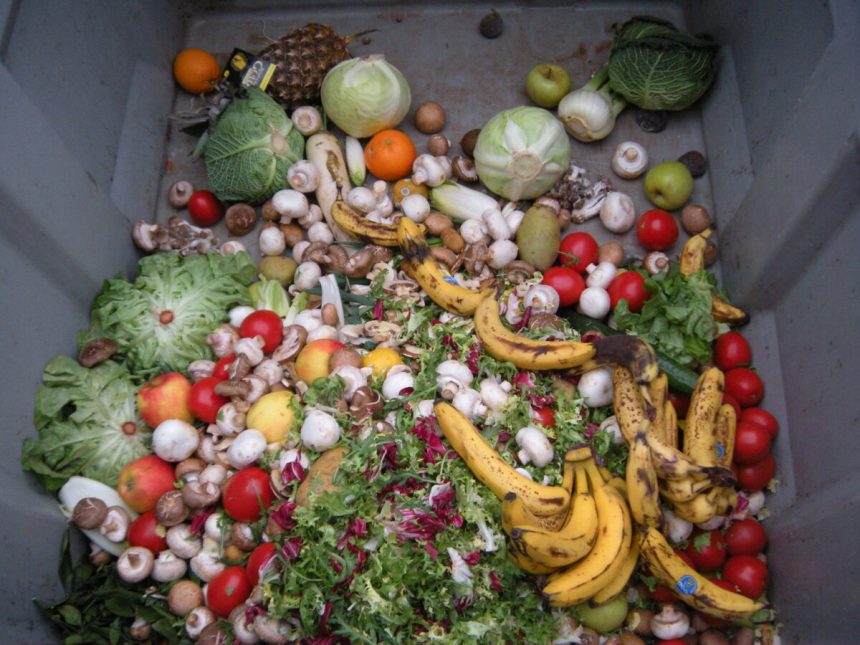
As I walk out of my Harlem apartment each morning, the sight of trash bags filled with uneaten meals strewn across the sidewalk is disheartening. It’s a stark contrast to the people lining up at the food pantry just a block away. Stop Food Waste Day on April 24 reminds us of the socio-economic disparities highlighted by food distribution in cities like New York.
Along my route to Columbia University, I witness wasteful patterns at events with abundant food. Buffets laden with colorful vegetables and appetizers often see a significant amount of leftovers go to waste due to restrictions on serving them at later events.
Studies show that over 30% of purchased food in wealthy societies is wasted, contributing to significant environmental impacts such as land use changes, freshwater use, and emissions. In New York City, food-related emissions make up 20% of the city’s total emissions.
Efforts to reduce food waste require reforms at various levels of the supply chain, including regulations for businesses and educational initiatives. Organizations like City Harvest play a crucial role in intercepting food waste and redistributing it to those in need.
Individual actions, such as composting and supporting local markets like the Columbia Sunday Greenmarket, are essential in mitigating environmental impacts. Advocacy for better waste management practices at all levels is essential to combat food waste effectively.
Addressing food waste in NYC requires a collaborative effort from individuals, organizations, and institutions to create a sustainable food system and reduce environmental harm.
Author: Lylia Saurel
Views and opinions expressed here are those of the author and do not necessarily reflect the official position of Columbia University.






